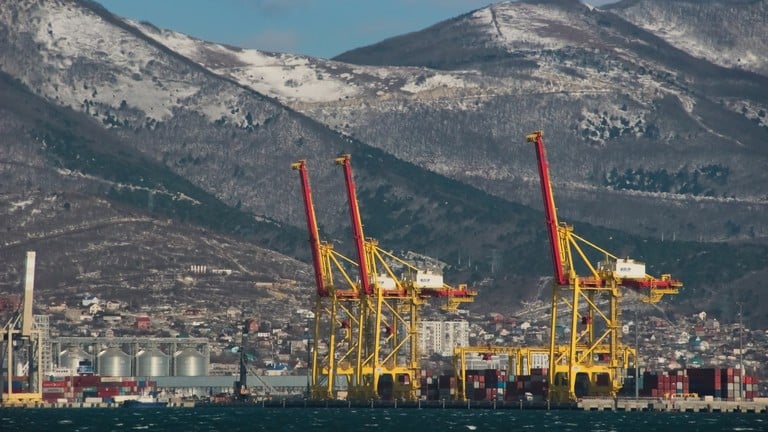 |
| Russian oil prices officially increase above the ceiling price from July 2023.. (Source: RT) |
After 18 months of a military campaign in Ukraine, the impact of Western sanctions on the Russian economy is fading. The country has found ways to circumvent Western sanctions, especially oil price caps, to continue to maintain its huge revenue from this commodity.
The latest figures from Russia's Finance Ministry show that the country's oil and gas revenue reached 1,635 billion rubles in October, double the previous month and up more than 25% year-on-year.
Russian oil price breaks ceiling
The Financial Times (UK) cited official sources of the European Union (EU) as reporting that almost no crude oil shipments by sea in October were made below the ceiling price of $60/barrel. Official statistics from Russia also showed that the average price of oil sold in the market was above $80/barrel last month.
"Over the past three months, thanks to strong oil prices, oil exports from Russia have decreased by 3-5% per month, but revenue has steadily increased," said Osama Rizvi, an economic and energy analyst at Primary Vision Network.
The world's leading industrialized countries (G7) and allies such as Australia and Norway have applied a price ceiling of $60/barrel for Russian crude oil from December 5, 2022.
The aim is to limit Moscow's financing of its special military operation in Ukraine. Western insurance and shipping companies are banned from providing services for Russian oil and oil products unless they are purchased at or below the ceiling price.
The European Union (EU) also has a complete import ban on Russian crude oil exported by sea.
However, the market price of Russian Urals crude oil exceeded the ceiling of $60 in July 2023. After that, oil prices continued to rise, despite the strict ban by the West.
Mr. Christopher Weafer, CEO of business consulting firm Macro-Advisory Ltd, found that President Putin's country has developed methods that make monitoring commercial activities impossible.
Traditionally, Russia's maritime oil trade has been handled by large oil companies and commodity producers, which have had to comply with Western sanctions.
But over the past year, Russia has been replacing older ships with larger volumes of crude exports to Asia.
A fleet of “shadow tankers” has also emerged on the global market, according to Brussels-based consultancy Bruegel. These include hundreds of small tanker operators that own just one or two tankers, often old, safety-risky vessels that fly the flags of countries like Liberia or Cameroon.
These fleets routinely carry millions of barrels of oil and often lack industry-standard insurance or are insured by Indian, Chinese or Russian companies. Meanwhile, 90-95% of global tanker insurance is based in London.
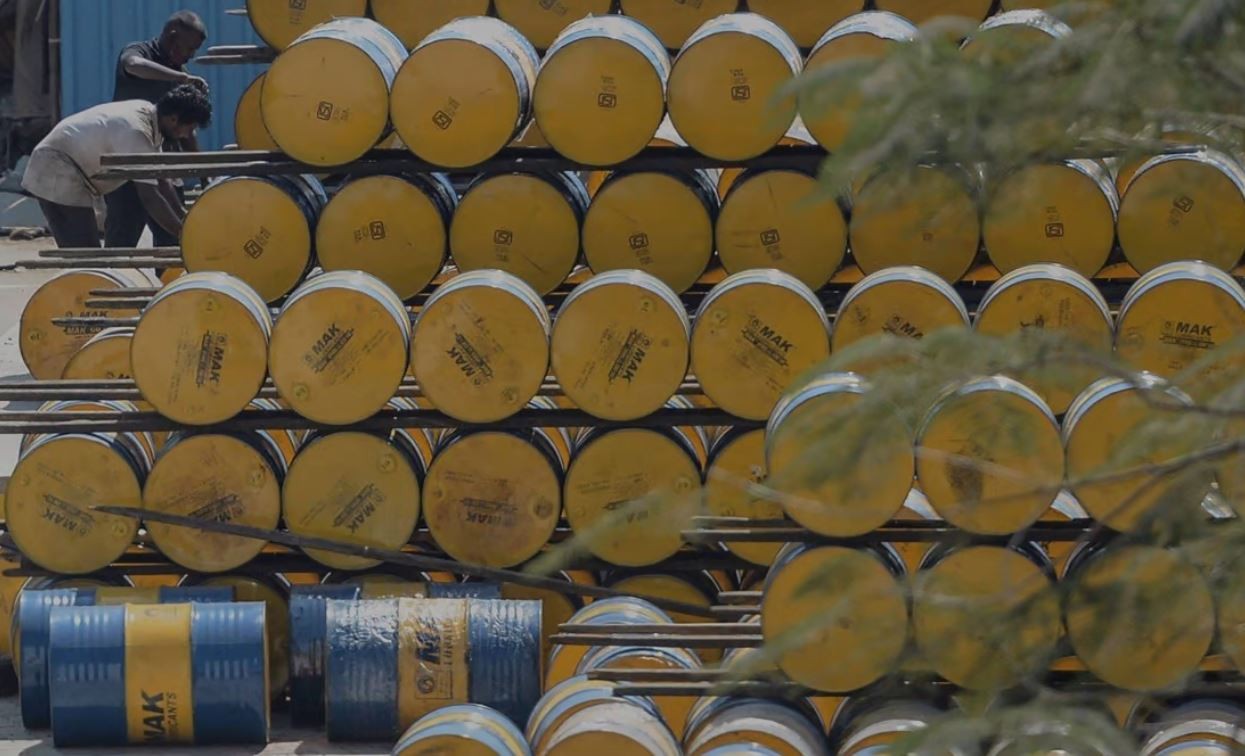 |
| Workers arrange oil barrels at a factory in Chennai, India. (Source: AFP) |
Who is buying Russian oil?
Russian oil is almost entirely destined for Asian markets, India, China and Türkiye. However, a large amount of oil is shipped to undisclosed destinations.
“About 1.5 million barrels per day leave Russian ports for undisclosed destinations. These barrels can then go to ports in China, India or be transferred to another tanker on the ocean and enter the global market,” Weafer said.
Some Russian oil and crude products have also found their way back to Europe, where seaborne imports of the commodity are banned (except for a small amount to Bulgaria).
As winter approaches, Europe will have to buy diesel and other products from India and the United Arab Emirates, Mr. Weafer said. In fact, Russian oil is everywhere.
Economist and energy analyst Osama Rizvi also confirmed that Russian oil sent to Asia will return to Europe.
“Türkiye and India have imported a lot of Russian oil and most of it has returned to Europe in the form of petroleum products,” the economist stressed.
How to make sanctions work
Controlling a fragmented oil market filled with little-known trading companies has become very difficult, analysts say.
“The reality is that the EU cannot control this market,” Mr. Weafer asserted.
Economist Osama Rizvi believes that what really makes the Russian oil price ceiling ineffective is the unprecedented growth in the fleet of "shadow tankers" - which are not tracked by international organizations.
The only way for sanctions to be effective, according to the economist, is if current buyers of Russian oil agree to comply with the sanctions.
“All major buyers of Russian oil have made it clear that they have no intention of complying with the sanctions,” Weafer stressed. “India has previously publicly confirmed that the country saved about $2.7 billion by importing cheap Russian oil in the first nine months of 2023.”
The impact of Western sanctions could fade even further in January 2024, when the BRICS group of emerging economies officially admits new members. That would give Russia more room to initiate new bilateral trade agreements and financial solutions, including in the areas of insurance, transport and logistics.
Regarding the EU's 12th package of sanctions, Mr. Weafer said, "there should be a question mark about the readiness of the US or European authorities to enforce the oil price limit."
“If Russia’s oil volumes were cut as a result of a more effective price cap, millions of barrels of crude and petroleum products would be taken off the global market. This would cause oil prices to spike and damage the global economy,” Weafer stressed.
On November 15, the European Commission (EC) announced proposals in the 12th package of sanctions against Russia. The top priority of the EC's new sanctions package is to ban Russia's diamond import and export activities with Europe. Accordingly, the EU will ban all types of natural, synthetic or jewelry diamonds of Russian origin from the beginning of 2024. For Russian rough diamonds processed in other countries, the ban will be applied from September 2024. |
Source





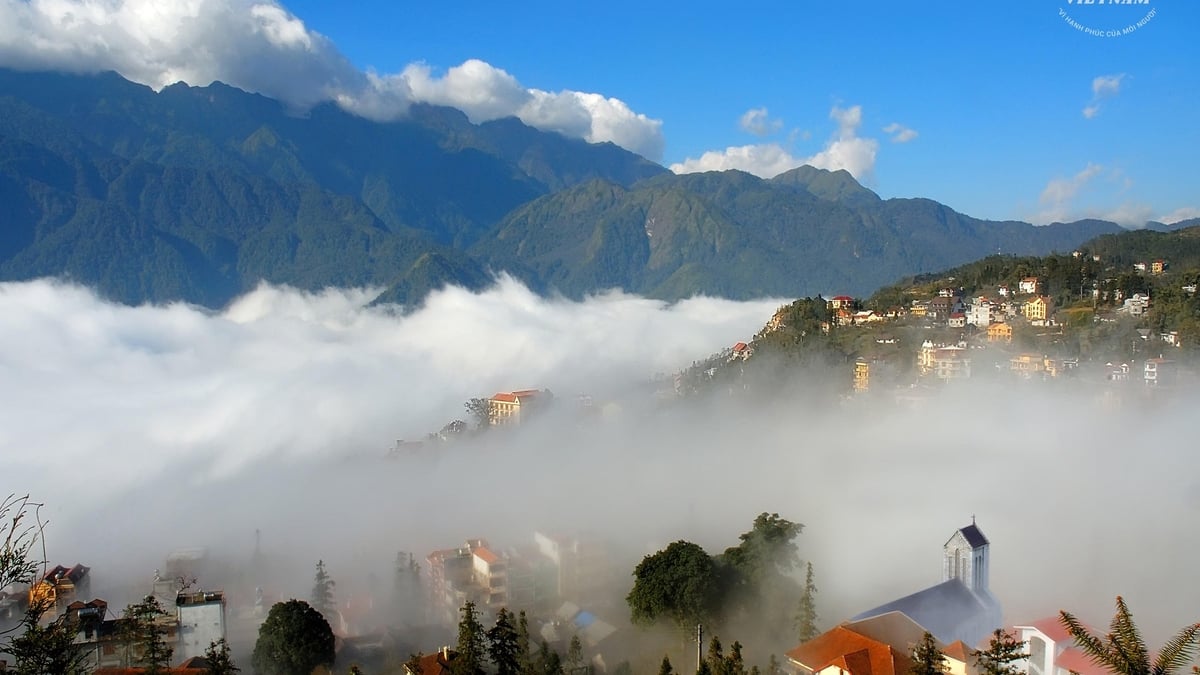



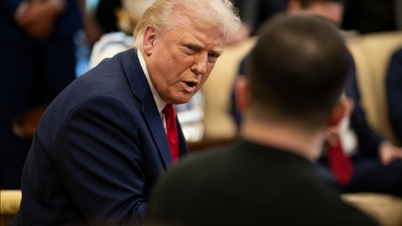

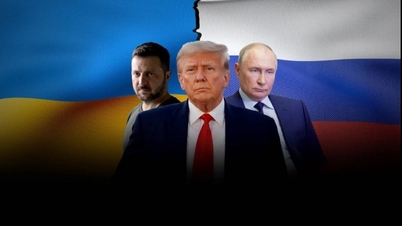
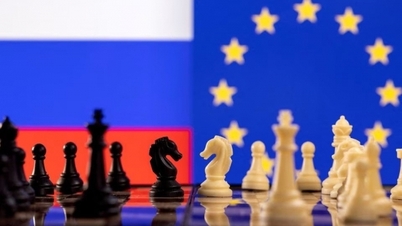



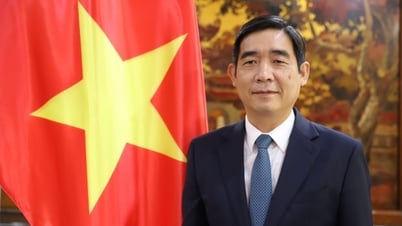










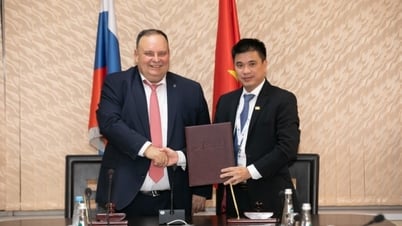



![[Photo] Prime Minister Pham Minh Chinh works with the Standing Committee of Thai Binh Provincial Party Committee](https://vphoto.vietnam.vn/thumb/1200x675/vietnam/resource/IMAGE/2025/5/12/f514ab990c544e05a446f77bba59c7d1)
![[Photo] Prime Minister Pham Minh Chinh receives Swedish Minister of International Development Cooperation and Foreign Trade](https://vphoto.vietnam.vn/thumb/1200x675/vietnam/resource/IMAGE/2025/5/12/ae50d0bb57584fd1bbe1cd77d9ad6d97)



































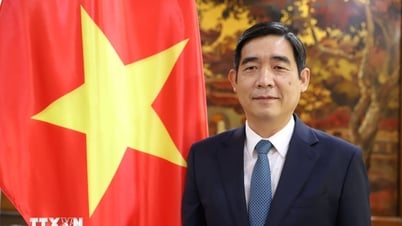


































Comment (0)